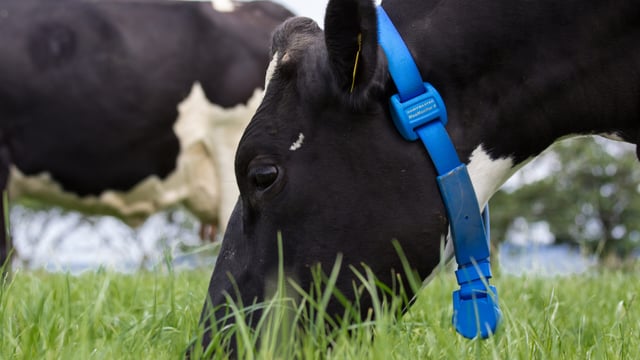No housing order imminent in ROI yet amid bird flu concerns
There is no plan at this time to introduce a housing order on poultry farms in the Republic of Ireland despite increasing concerns about avian influenza, known commonly as 'bird flu'.
Superintending veterinary inspector, Audrey Jenkinson from the Department of Agriculture, Food and the Marine (DAFM) confirmed that at this point, birds here need not be confined.
She was speaking on the latest episode of Agriland's AgriFocus where she said that any decision taken around the housing of birds is taken "based on the current epidemiological situation".
“It’s not only the economic consequences on farm if a case is confirmed on your farm; that mean’s depopulation of the flock and a very rigorous cleaning process after that," the superintending veterinary officer said.
“It’s devastating for the poultry sector.”
If there is an outbreak on a farm, DAFM will set up a 3km protection zone around the outbreak, as well as a 10km surveillance zone in the area.
The advice from the department if you see any suspicious signs of bird flu, is to notify the relevant authorities as soon as possible through the regional vet office.
Alternatively, you can call the National Disease Emergency Hotline at 01 4928026.
Risk to human health
The superintending veterinary inspector also explained that although the risk of bird flu impacting humans is low, "it can, on occasion affect people as well".
Following the discovery of bird flu in wild buzzards in Dublin and Galway, the department is keen to highlight the risk the disease could have on human beings, and the poultry sector.
Avian influenza is a zoonotic disease meaning that it can transfer from animals to humans.
“Any avian influenzas can be potentially zoonotic, and although the risk is low, we know there is a risk there. That is why we recommend that people don’t touch, handle, or pick up sick or dead wild birds," Jenkinson continued.
Last Thursday, the American Hospital Association confirmed that a patient had died of the virus, becoming the first death from the disease in the US.
However, Jenkinson noted that no cases of that particular strain of bird flu had been reported in Europe.
"There have been over 900 cases [of bird flu] in dairy herds, predominately in California. That’s a strain that has been circulating in the United States, that strain hasn’t been found in Europe," she continued.
"There have been just over 60 cases of AI [avian influenza] associated with farm workers. Thankfully, all of those cases have been mild. They generally get conjunctivitis and they’ve all recovered uneventfully, but although the risk is low, there is a risk."












